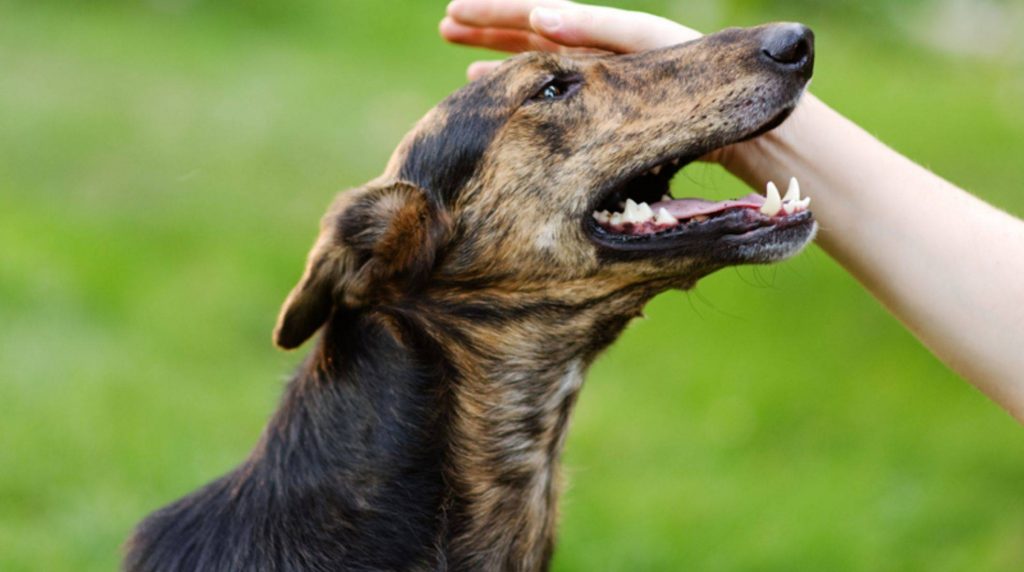The proper reward for dogs can be critical to parenting success. The four-legged friends mainly show the behavior they want when it is worthwhile; what the fur noses perceive as a great reward and what does not also depend on the respective dog. Here are a few tips.

In dog training, a lot is accomplished through positive reinforcement—correct behavior is rewarded. Complementing this is negative reinforcement, where there is no reward for dogs who have not behaved as desired. Of course, for this to work, the prize must be particularly enticing and valuable for dogs. You should note the following:
There are different types of rewards for dogs.
It doesn’t always have to be treated that is suitable as a reward for dogs. On the one hand, not every dog has a sweet tooth that can be motivated by delicious pieces of food. On the other hand, dogs that can’t refuse treats sometimes need to be slowed down to keep them from becoming overweight. In addition, the joy must also be something special so that it differs sufficiently from the usual dog food.
Your four-legged friend may also be enthusiastic about one or more of the following rewards:
● Cuddles
● praise
● Romp and play
● The dog is allowed to do whatever it pleases (e.g., extensive sniffing, running free without a leash)
Dog personality is important for the choice of reward
Which reward for dogs is the right one depends on what your four-legged friend perceives as a reward for his efforts. This can vary from breed to breed, dog to dog. Some dog breeds are considered particularly “greedy,” for example, Labrador Retrievers or Beagles. They can usually be persuaded to cooperate with suitable treats (in moderation!) and are therefore considered to be relatively easy to train. Labrador Retrievers and Golden Retrievers also have a pronounced “will to please” and are happy when praised or petted by their loved ones.
Dogs with many exercises can be lured in by the prospect of shared playtime, and stubborn dogs are more easily motivated to cooperate once they learn that they have the freedom to make choices afterward. It is best to try out several reward methods, combine them and see what your dog likes best.
Reward dog: Don’t overdo it
In general, a reward for dogs should be something special, and that doesn’t just apply to treats. Otherwise, your dog will get used to it, it will come naturally to him, and then he won’t see why he should make an effort. Humans are no different, valuing things that are rare to them and require a little effort to get hold of as more valuable and desirable than what they have at their disposal with ease.
So be careful not to give out one type of dog treat or one type of treat too often. Give a clear command, be consistent, and reward him when your four-legged friend does what you want him to do. If not, then not.
Do not inadvertently reward undesirable behavior.
For some dogs, just getting your attention with their behavior is reward enough. So it can happen that you accidentally reward unwanted behavior by paying attention to your four-legged friend. This happens, for example, when your dog is begging at the table, and you scold him. Or if you run faster when your furry friend pulls on the leash.
It is also not recommended to raise your voice when the dog starts barking. He doesn’t understand your words and only hears your loud voice, which resembles a yelp, and then, of course, he barks back. When training a puppy, it can be a challenge to resist the cute dog look and not let the little one get away with behaviors that he is no longer allowed to do later as a large dog, such as jumping at people.








